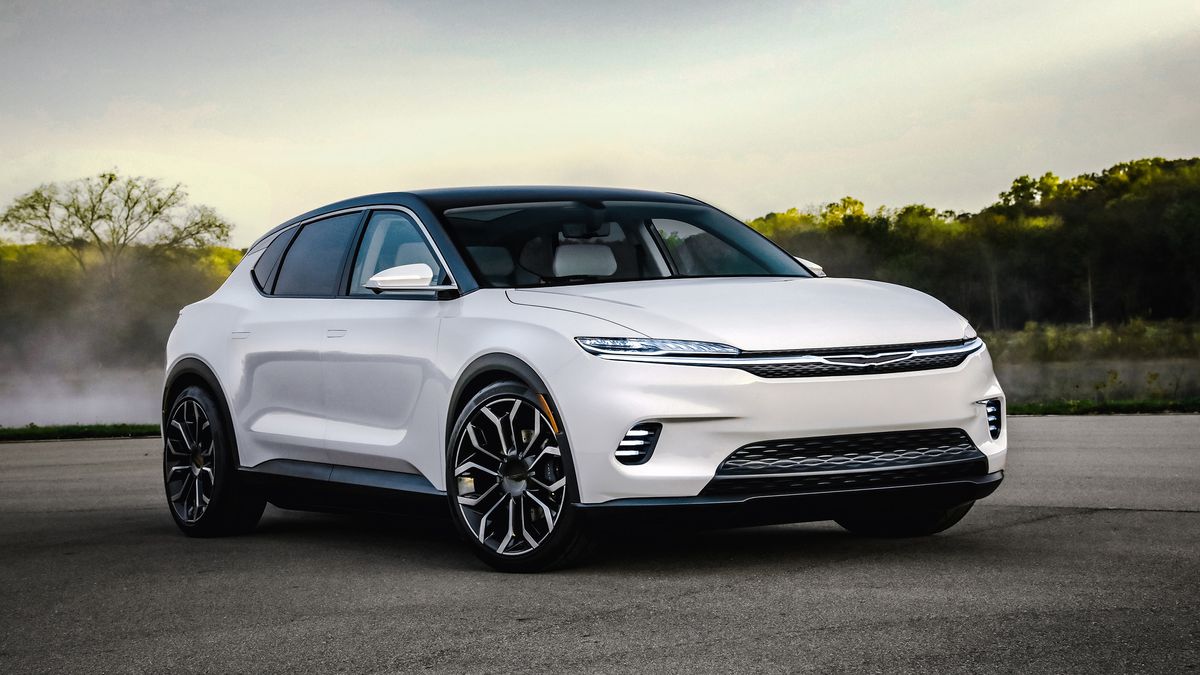Battery swapping for electric vehicles (EVs) has gained traction in China but remains relatively unexplored in other parts of the world. However, companies like Ample are determined to prove that battery swapping can offer consumers a viable alternative to traditional built-in batteries. This technology could potentially revolutionize the EV industry, making the transition to electric vehicles more accessible and convenient for a wide range of people.
Key Takeaway
Battery swapping technology for electric vehicles has the potential to revolutionize the industry by making the transition to EVs more accessible and convenient for consumers. Ample’s partnership with Stellantis aims to explore the possibility of battery swapping for private EV owners, bringing the benefits of this technology to a wider audience.
Ample, a leading player in the battery-swapping space, recently announced its partnership with Stellantis, a global automaker, to introduce its innovative battery-swapping technology in Stellantis’ Fiat 500e city car. The initial phase of this collaboration will be launched in Madrid, where 100 cars in Stellantis’ Free2move car-sharing service will be retrofitted to accept Ample’s modular batteries.
One of the key advantages of Ample’s technology is its efficiency. The company has optimized its battery-swapping stations to perform a swap in just five minutes, comparable to the time it takes to refuel a traditional fossil fuel vehicle. This speedy process makes the transition to EVs much more convenient for car owners. Additionally, battery swapping allows for slower recharging, resulting in reduced electricity costs and improved battery longevity.
While fleets have been the primary focus for battery swapping technology, as it maximizes the uptime of costly assets, Ample and Stellantis are now exploring the potential for battery swapping among private EV owners. This could potentially provide individual consumers with the same benefits that fleet owners have been enjoying.

























